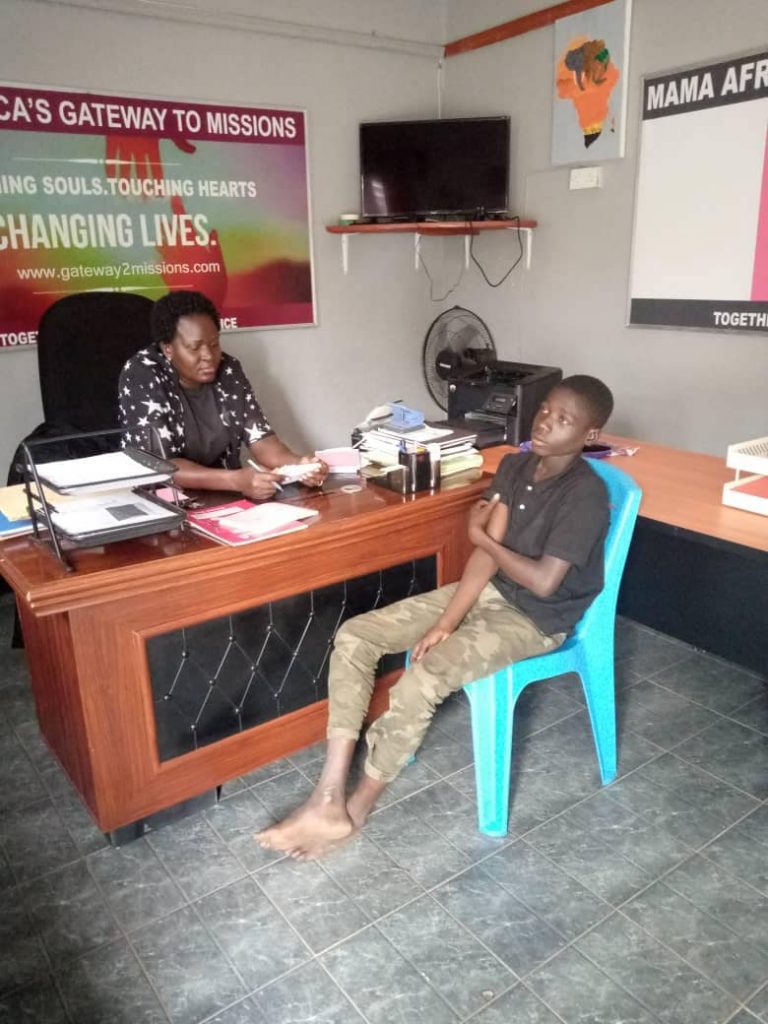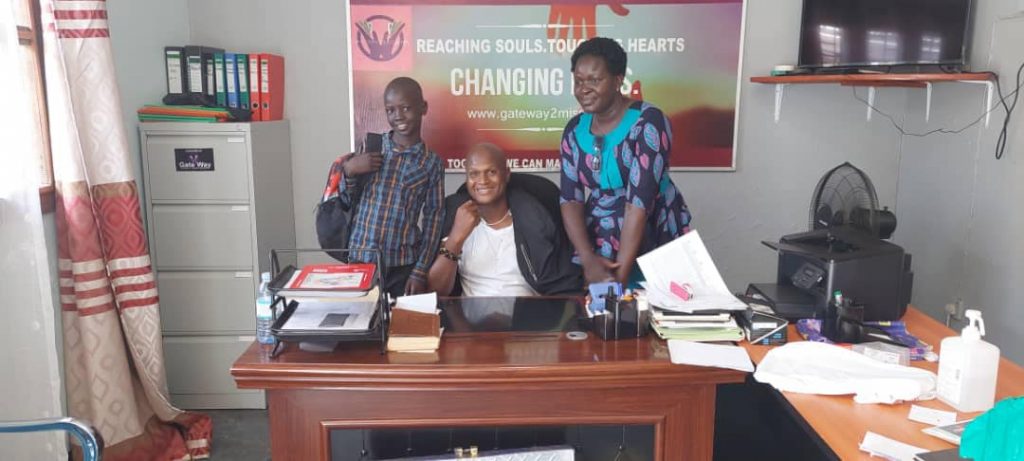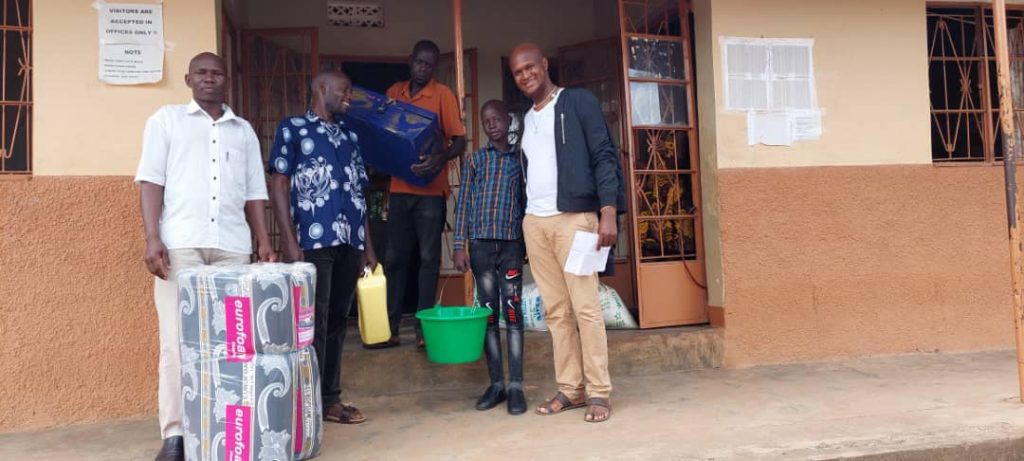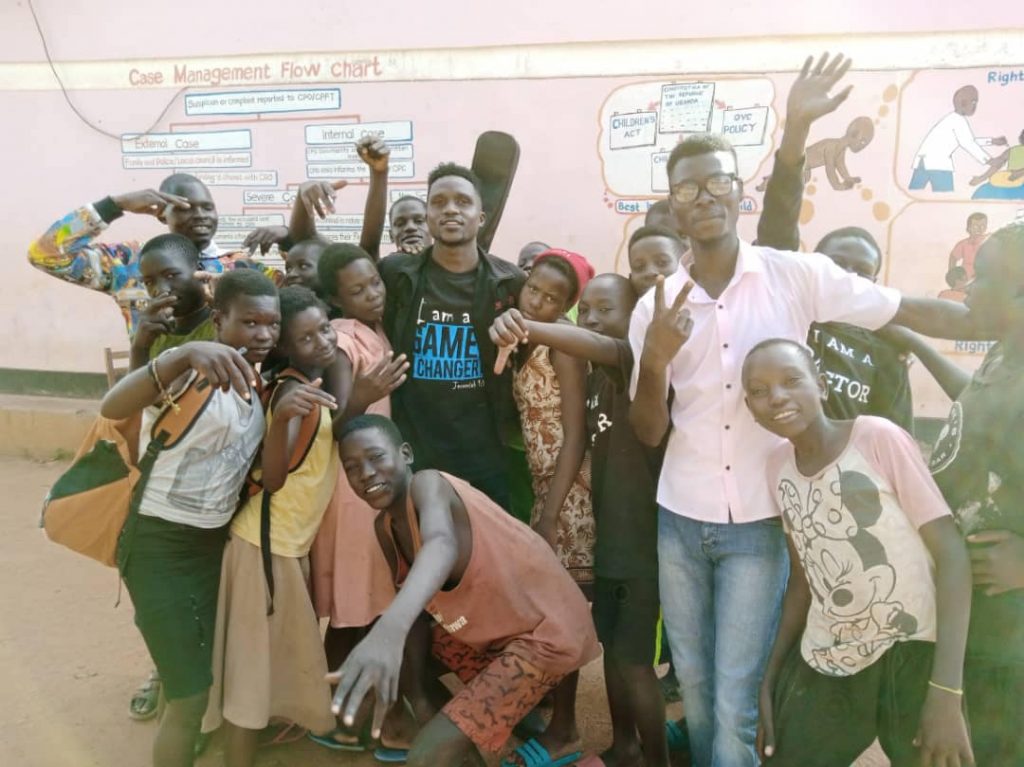Left Behind
“Children are likely to live up to what you believe of them.”
— Lady Bird Johnson, Former First Lady of the United States
Take a moment to contemplate all the years of education you have received. The accumulation of those years has laid the foundation for knowledge and understanding of life, career, and society. Each year played a critical role in your growth and development. This is a privilege experienced by those financially established in Uganda. A 2005 survey found that more than 85% of the Ugandan population lived in rural Uganda, and 35% lived below the poverty line (Ngaka, Dec 2006). Prior to 1996, education was only available to those families that could afford to send their children to school. The Universal Primary Education system or UPE was designed to provide free education to children in Uganda; however, this only applied to four children per family. It was later expanded to include all children. So why the need for sponsorship and support for children?
In Uganda, there are designated schools approved to participate in the UPE. If a child attends a school that does not participate in the UPE system, then the parents would have to pay school fees. Most of Sub-Saharan Africa live on less than $2 a day. The average household is 4.5, and most households are led by women (Transforming Uganda, 2015). Women are a marginalized and vulnerable group in Africa. The pay gap is 86% compared to the average income of men in Uganda. This applies to the most educated population of women (Mon pi Mon, 2017). For those women who do not fall into that category and have families to support. How could they afford to pay $50 to $150 in school fees for two to three children? The answer is most cannot. Those children are left behind and continue in the cycle of poverty.
Suppose you’ve been following along with us on our journey. In that case, you are familiar with the Kingdom Kids, also known as the Street Kids in Uganda. Children are the leading demographic experiencing poverty in Uganda. In addition to homelessness, they experience social disadvantages. Many face violence and discrimination by police, local government, and peers (Transforming Uganda, 2015). Recently, one of our pastors visited the Kingdom Kids and found that many of them had been picked up by police overnight. The social stigmas attached to being on the street can affect the quality of life for that child on into adulthood.
Gateway 2 Missions is focused on changing the narrative and breaking the cycle of poverty for men, women, and children. We are working to provide support and guidance through sponsorship, one child at a time. This is no easy feat. Each child will need a host family, a sponsor to contribute to their school fees/uniforms, and the provision of food when at home. Having these components in place will lay the foundation for learning and growth.
Every time you sow into Gateway 2 Missions, you sow into the lives of a child, a mother, a family. Gradually through sponsorship, we are seeing children transition off the street into homes. According to Maslow’s Hierarchy of Needs, shelter is one of the fundamental components needed for a person to flourish. Each time someone says I want to sponsor a child; they secure a foundation for that child and contribute to the economic future of a community.
References
Mon pi Mon. (2017, 03 21). Retrieved from Women for Women Uganda: https://monpimon.wordpress.com/2017/03/21/women-earn-41-what-men-are-paid-in-uganda/#:~:text=Monthly%20median%20earning%20for%20women,a%20man’s%20Ug%20Shs%20110%2C000.
Ngaka, W. (Dec 2006). “Co-Operative Learning in a Universal Primary Education System.”. International Journal of Learning, Vol. 13, No 8, 172.
Transforming Uganda. (2015). Retrieved from The Need: http://transforminguganda.org/the-need




